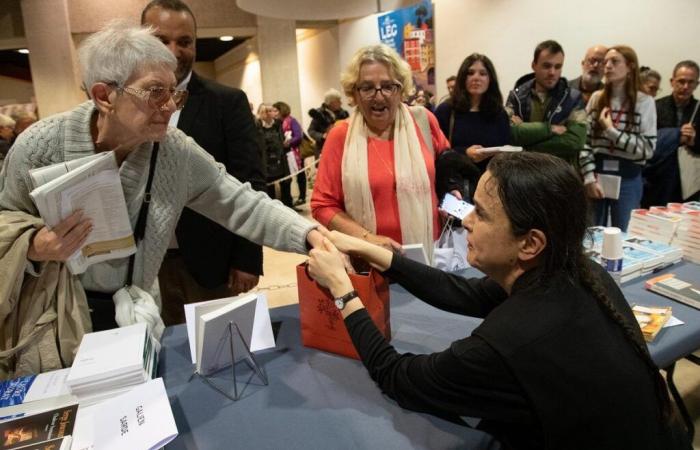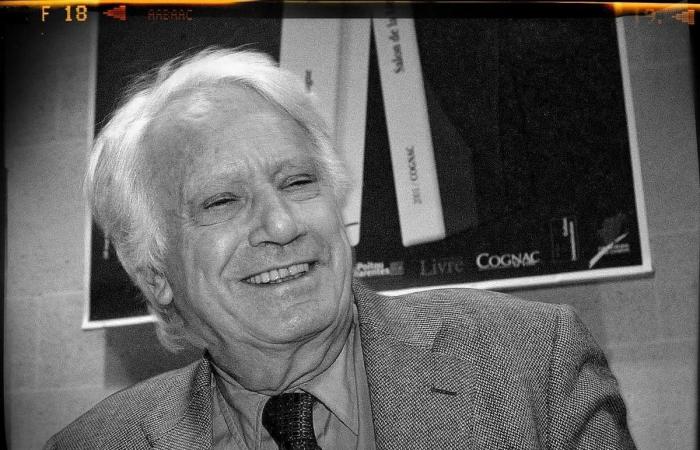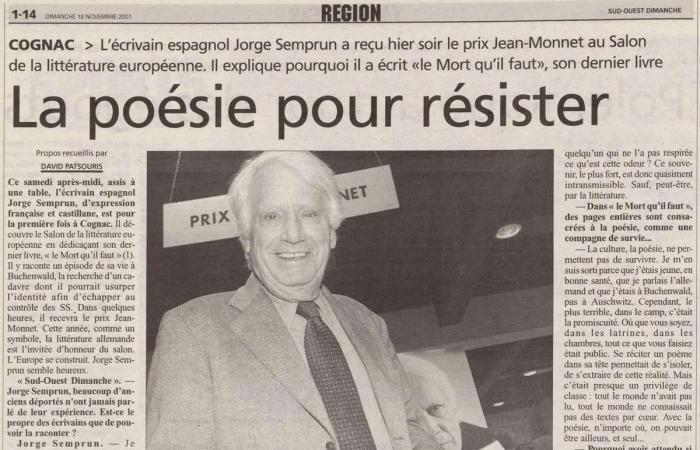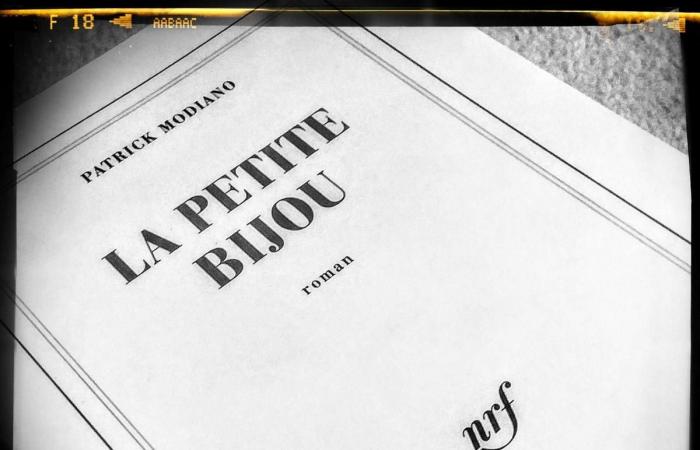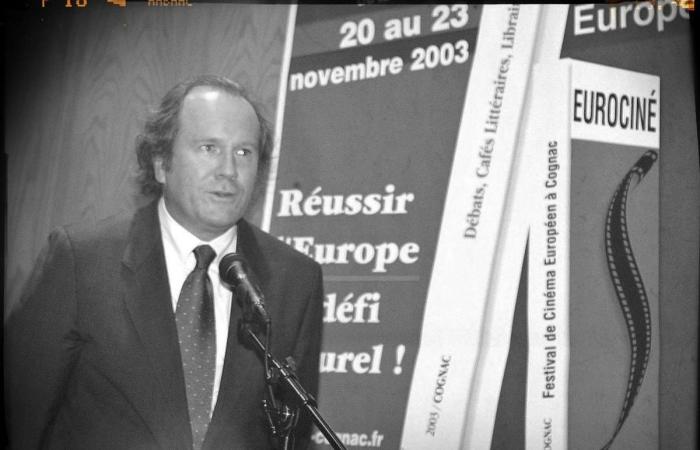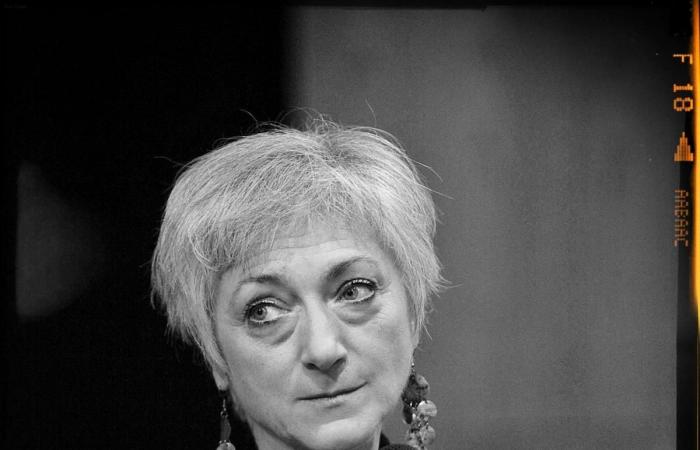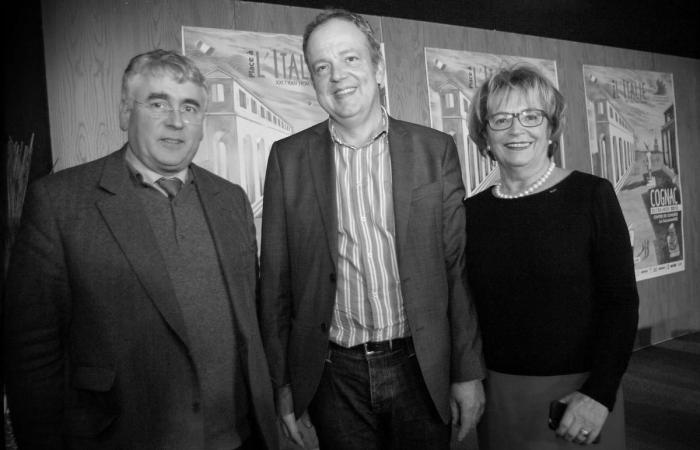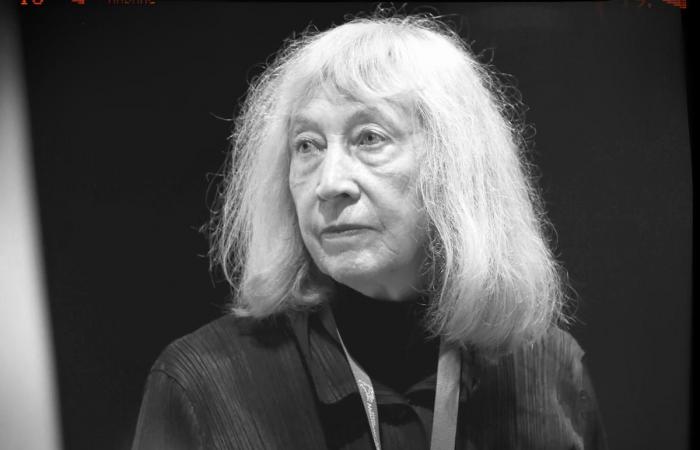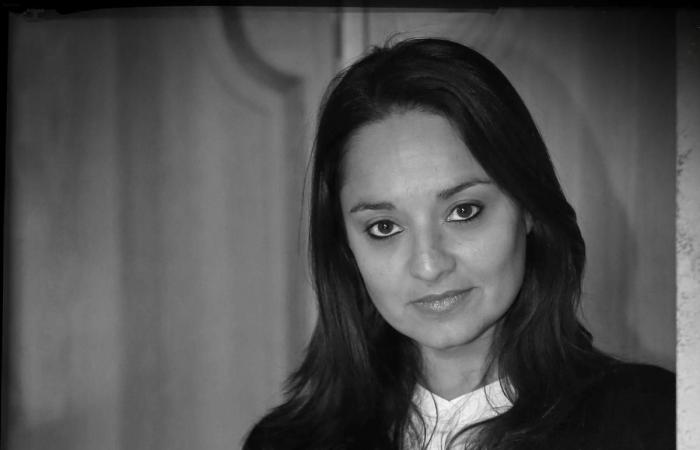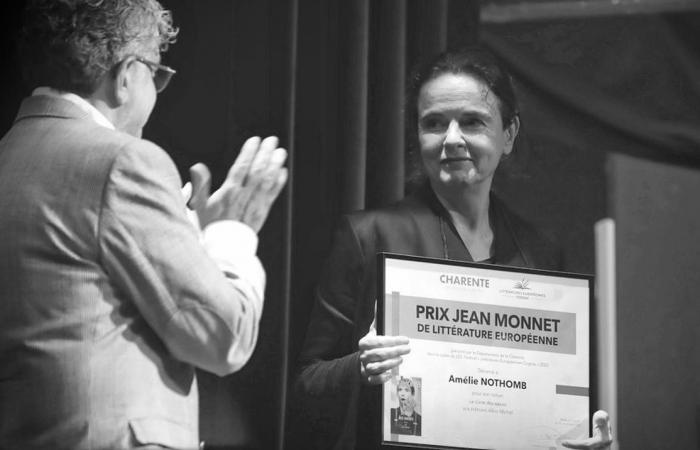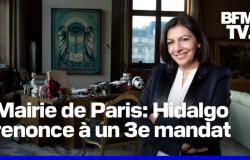In 1995, Antonio Tabucchi
Antonio Tabucchi (1943-2012), photographed on an undetermined date.
AFP
That year, the famous Italian writer was the first winner of the Jean-Monnet Prize for “Pereira pretends”, a novel praised by the left-wing opposition to Silvio Berlusconi, the Italian press magnate. In Cognac, Tabucchi meets Andréï Makine, this funny Russian, winner of the Goncourt and the Médicis. Their conversation is brilliant. United in the love of language and the melancholy wearing of a mustache, they contemplate each other. Both are steeped in French culture. Both had the experience of writing in an adopted language (French for Makine, Portuguese for Tabucchi). More than novelists, they are “smugglers”.
In 2001, Jorge Semprun
H.-J. Berthélémy / Archives « SO »
Jorge Semprun (1923-2011) in Cognac in 2001. The Spanish writer, screenwriter and politician won an award for “The Dead One”.
Resistance fighter, deported, immense writer and minister, Jorge Semprun made a strong impression in Cognac. He won an award for “The Dead One”, an autobiographical account of a sinister episode in Buchenwald: the search for a corpse whose identity could be usurped, in order to escape the control of the SS. During an interview with “Sud Ouest”, Semprun declared: “Culture, poetry did not allow us to survive. I escaped because I was young, healthy, spoke German and was in Buchenwald, not Auschwitz. […]. Reciting a poem in your head allowed you to isolate yourself, to escape from this reality, but it was almost a class privilege. »
Archives « SO »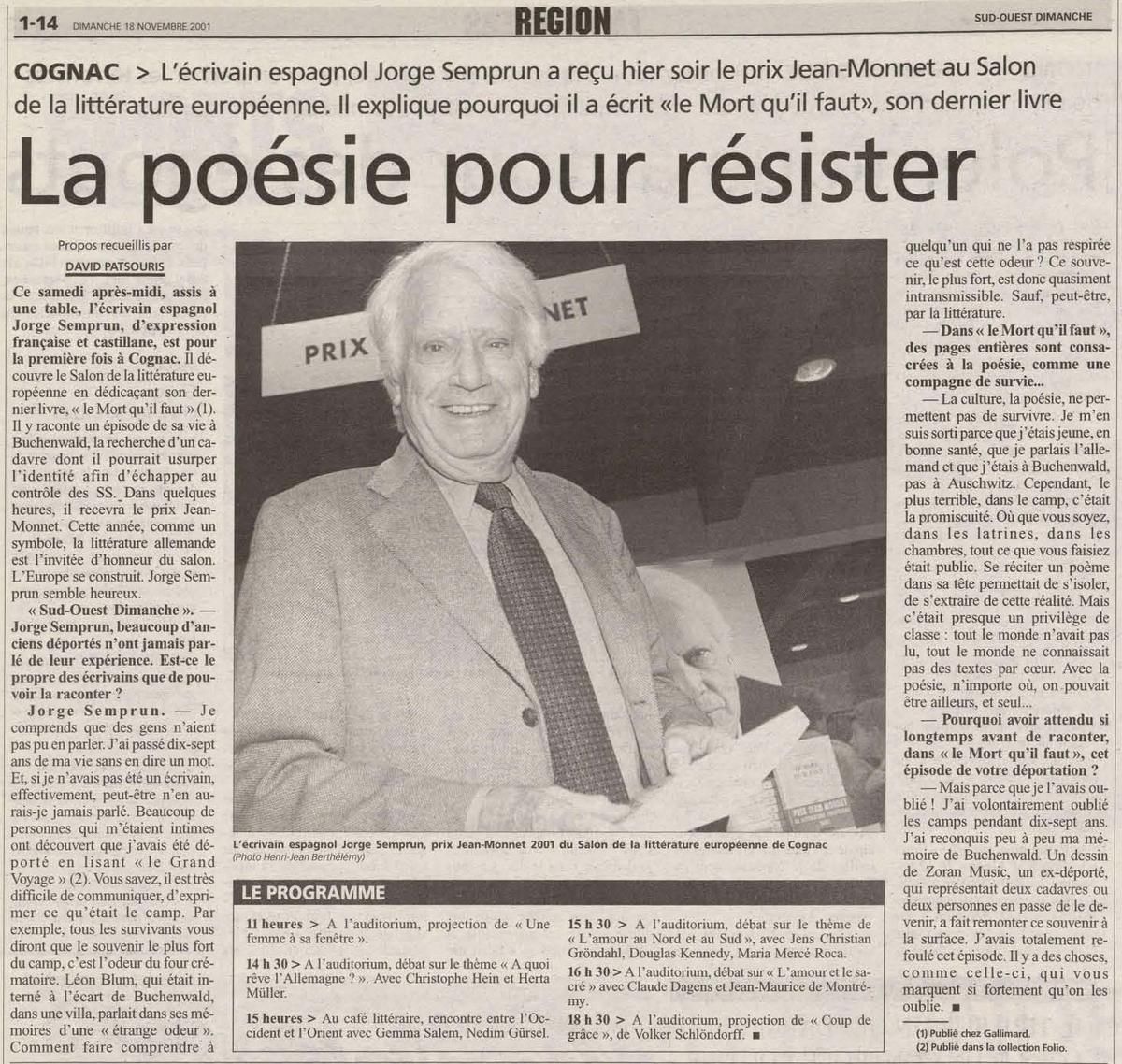
“Region” page of “Sud Ouest Dimanche” on November 18, 2001.
In 2002, Patrick Modiano
DR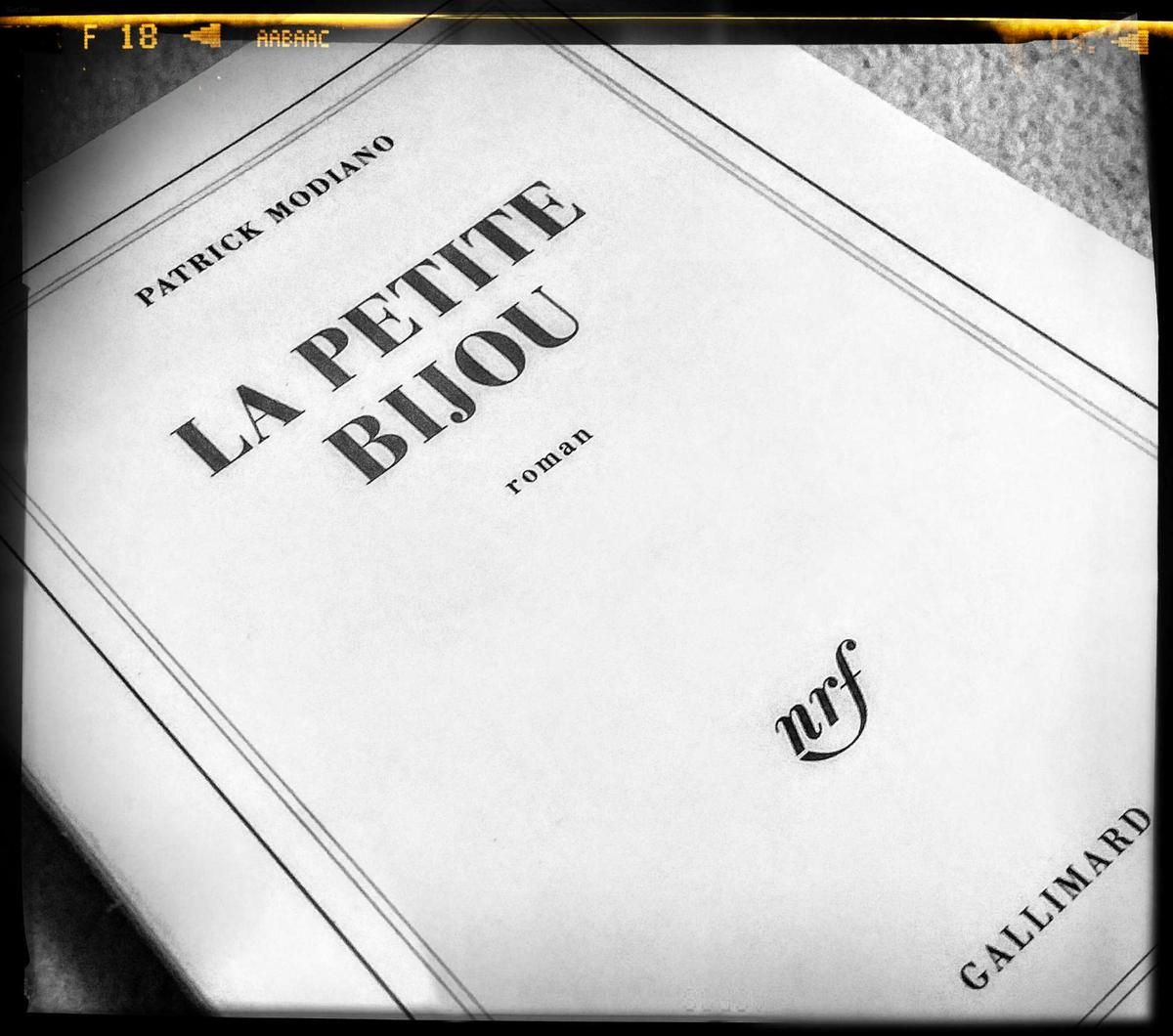
The cover of “La Petite Bijou” (Gallimard, 2001).
“My absence is not due to a failure of my will but to an impediment as suffered as it is unforeseen,” says the author of “La Petite Bijou”. Modiano is therefore not there, but Jacques Bobe, yes! In his speech, the deputy and president of the General Council gets confused and suggests that the writer is Italian. The blunder is recounted the following Wednesday in “The Chained Duck”. Cognac laughs. The politician (now deceased) is upset as hell.
En 2003, William Boyd
H.-J. Berthélémy / Archives « SO »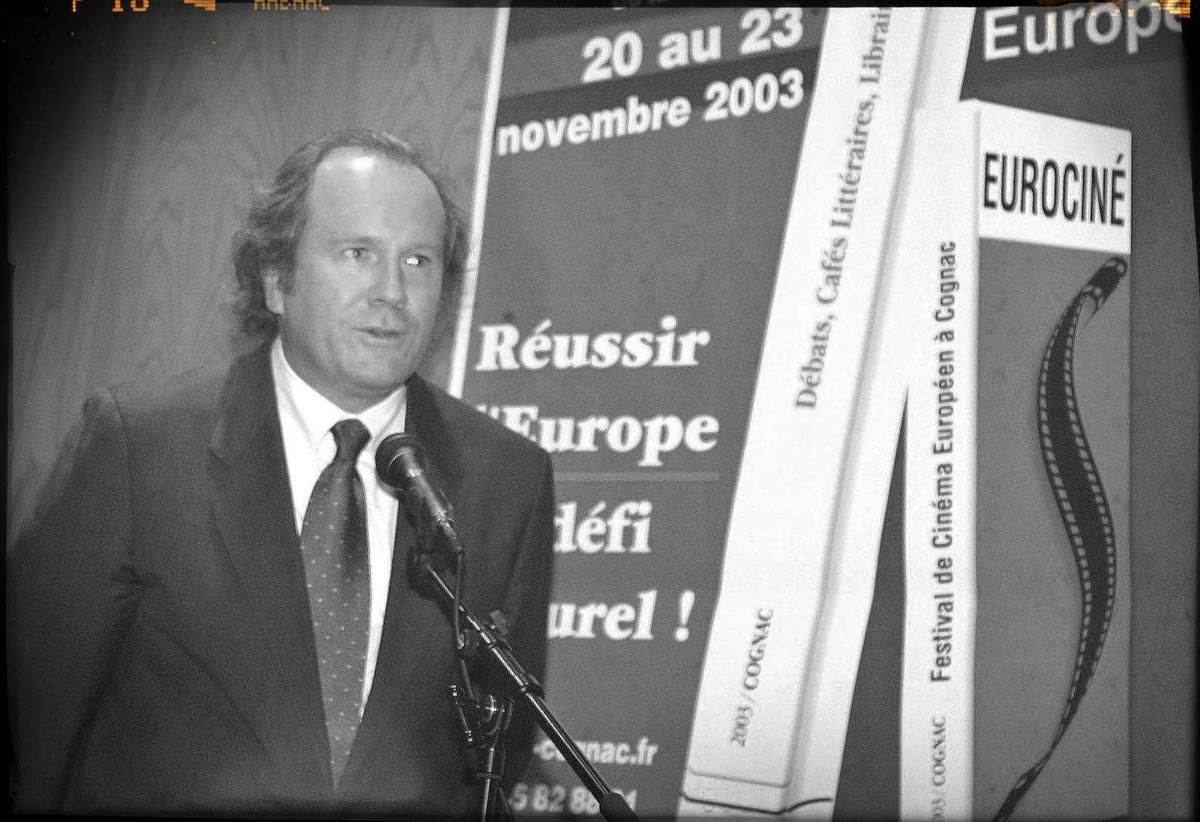
William Boyd in Cognac in 2003. The author was rewarded for “An open book, the intimate notebooks of Logan Mountstuart” (Le Seuil).
Cognac honors the most Aquitaine of Scottish authors: Boyd, rewarded for “An Open Book”, a story in which a certain Logan Mountstuart, a writer with a tumultuous existence, meets Picasso and James Joyce, argues with Virginia Woolf and approaches the Duke and the Duchess of Windsor. “Receiving a new prize here in Cognac fills me with happiness. I see it as confirmation of the power of this novel which, more than the others, speaks to readers. I have never received so much mail! People write to me from New York, Paris and Madrid,” he says.
In 2011, Sylvie Germain
Céline Levain / “SO” Archives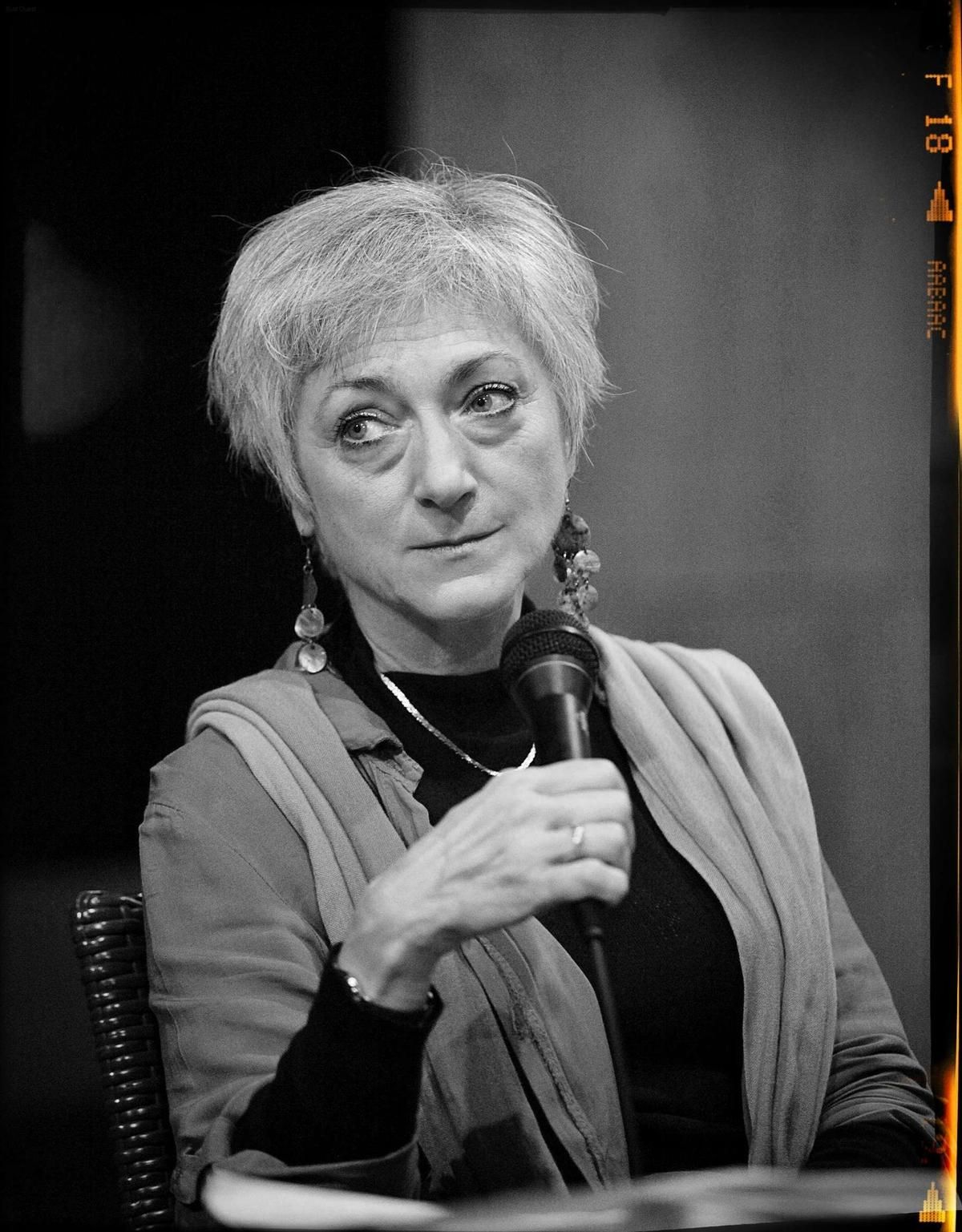
Sylvie Germain, at the Cognac theater, November 19, 2011.
Still between two trains, Sylvie Germain! The novelist then lived in Angoulême but spent a lot of time in Paris. In 2011, European Literature honored her for “The World Without You”, a text shot through with mourning, but also for all of her work. She says she is sensitive to the historical and symbolic figure of Jean Monnet. “I grew up in an era still marked by the European conflict. My parents and my grandparents lived through the two great wars. I care a lot about the Union, especially today, when its solidity is being tested. »
En 2013, Michael Kumpfmüller
Anne Lacaud / / Archives « SO »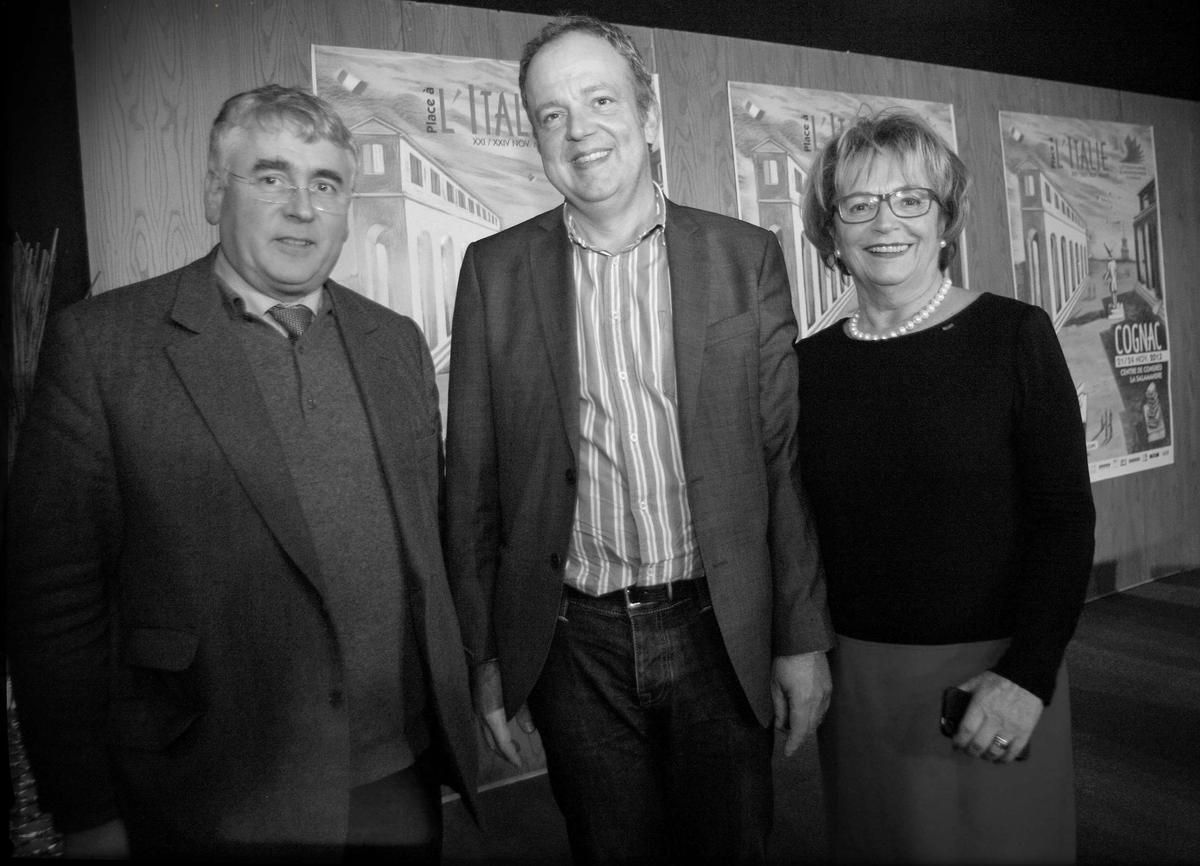
Michael Kumpfmüller, November 23, 2013 at La Salamandre, in Cognac. The writer poses with Michel Boutant, president of the General Council of Charente, and MEP Doris Pack.
Cognac crowns German author Michael Kumpfmüller, whose book recounts Franz Kafka’s last love in 1923. Everything is going well. The senator and president of the General Council, Michel Boutant, even gave a speech in German. But a month later, the author – touchy and undoubtedly ungrateful – said he had been very poorly received in Charente! He told the “Frankfurter Allgemeine Zeitung” that the organizer would have lacked attention, “after a long eight-hour train journey”, leaving him “for more than an hour and a half in a deserted hall to sign five books” . The incident caused a lot of noise. Let us point out, for the anecdote, Kumpfmüller had still cashed the prize money, a check for 6,000 euros.
In 2018, Chantal Thomas
Anne Lacaud / Archives « SO »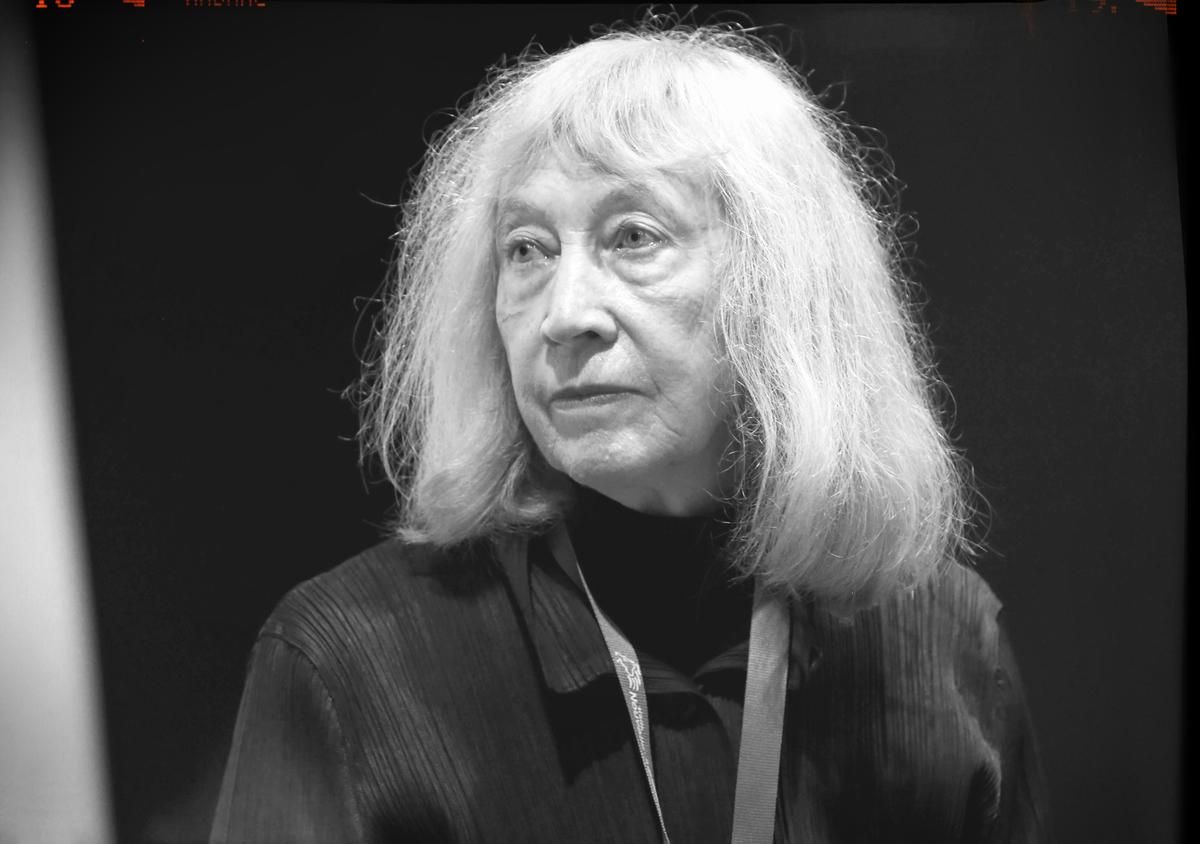
Chantal Thomas on November 17, 2018 in Cognac.
Restraint, beauty, the labyrinth of feelings: the work of Chantal Thomas shines with its sobriety and elegance. The novelist and essayist (not to be confused with the stylist and fashion designer almost of the same name) won an award in Cognac for “Souvenir de la lower tide”, a voluptuous and sensitive evocation of the beaches of her childhood on the Arcachon basin. Gérard de Cortanze, the president of the jury, told him: “We were unanimous from the first round. Your literature is joyful. It invites happiness and joy of living. Your books help fight against the ambient pessimism from which we all die. » Three years later, in 2021, Chantal Thomas was elected to the French Academy, in the chair of Jean d’Ormesson
In 2019, Rosa Postorino
Anne Lacaud / Archives « SO »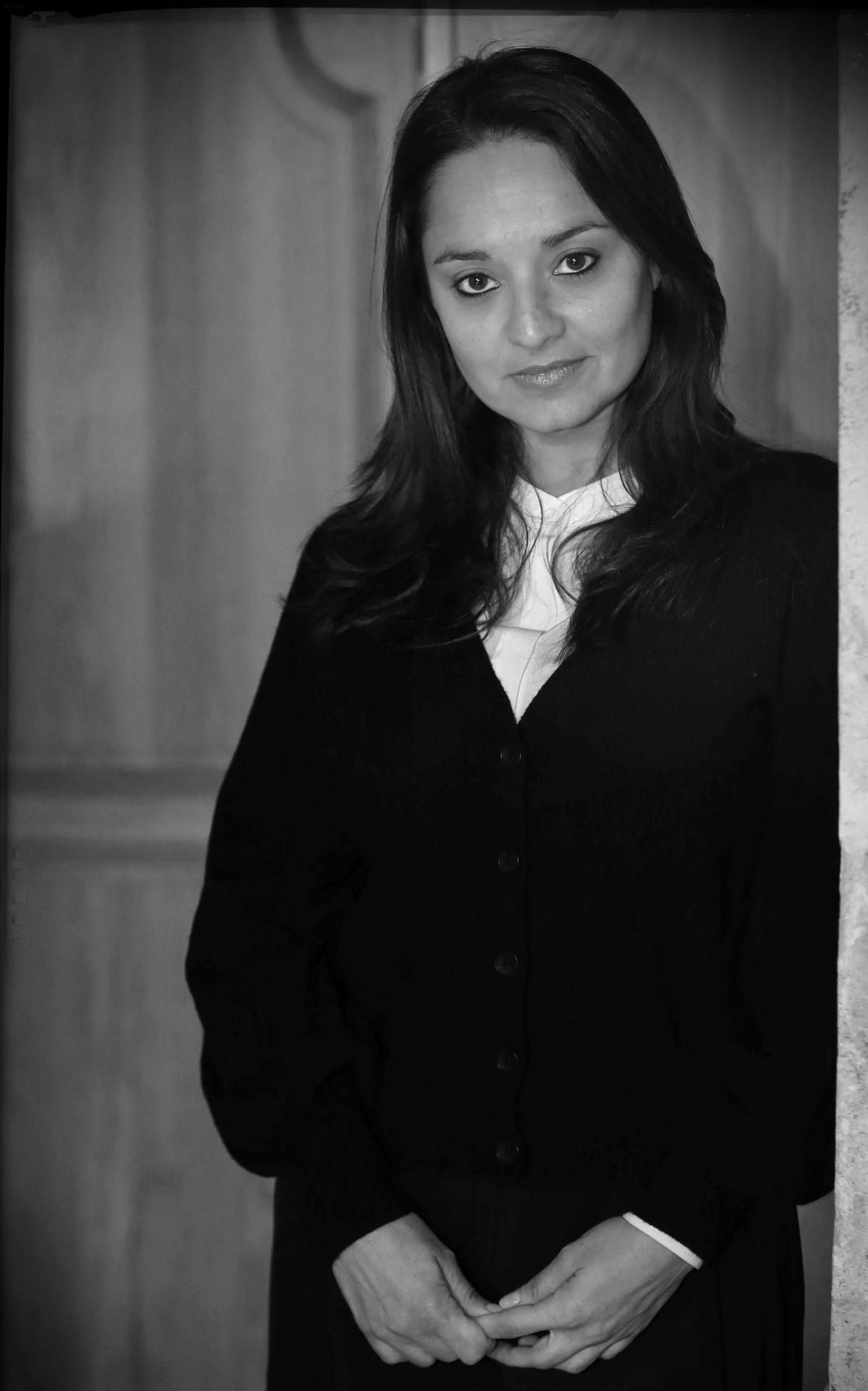
Rosa Postorino in Cognac in 2019. The author poses here in the lounges of the Chais Monnet hotel.
Autumn 1943. Recluse in his headquarters in East Prussia, Adolf Hitler is terrified at the idea of being poisoned. He recruits tasters. They are housed manu militari in Gross-Partsch, near the “Wolf’s Lair”. While Europe at war is starving, these women eat under duress. Fear in my stomach. Each spoon can be the last… This is the plot of the novel “Hitler’s Tastes”, a best-selling book by Rosa Postorino. The 41-year-old Italian author says she is interested in the banality of evil: “In this novel, I talk about passivity, connivance and renunciation. It’s a very personal story, where I project myself a lot. It is also written in the first person and the protagonist has my first name, Rosa. »
In 2023, Amélie Nothomb
Anne Lacaud / Archives « SO »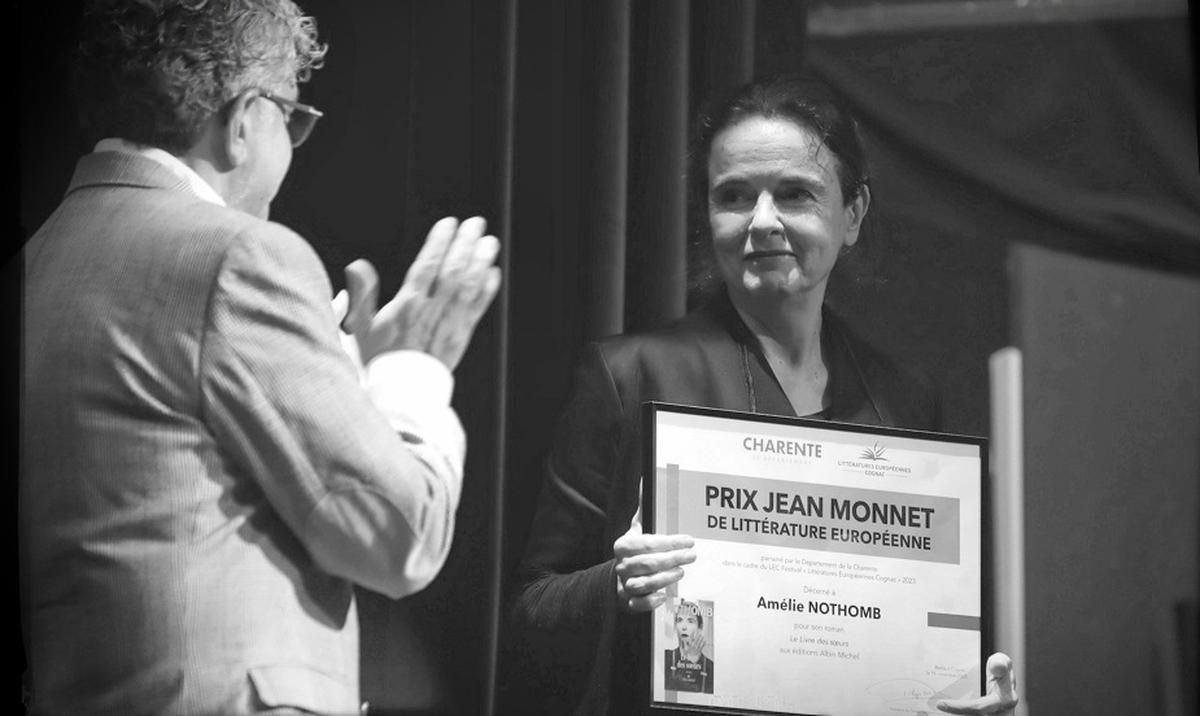
Amélie Nothomb receiving the 2023 Jean-Monnet Prize from the European Literature festival in Cognac (LEC), from Patrick Mardikian, elected in charge of culture at the Charente Departmental Council.

